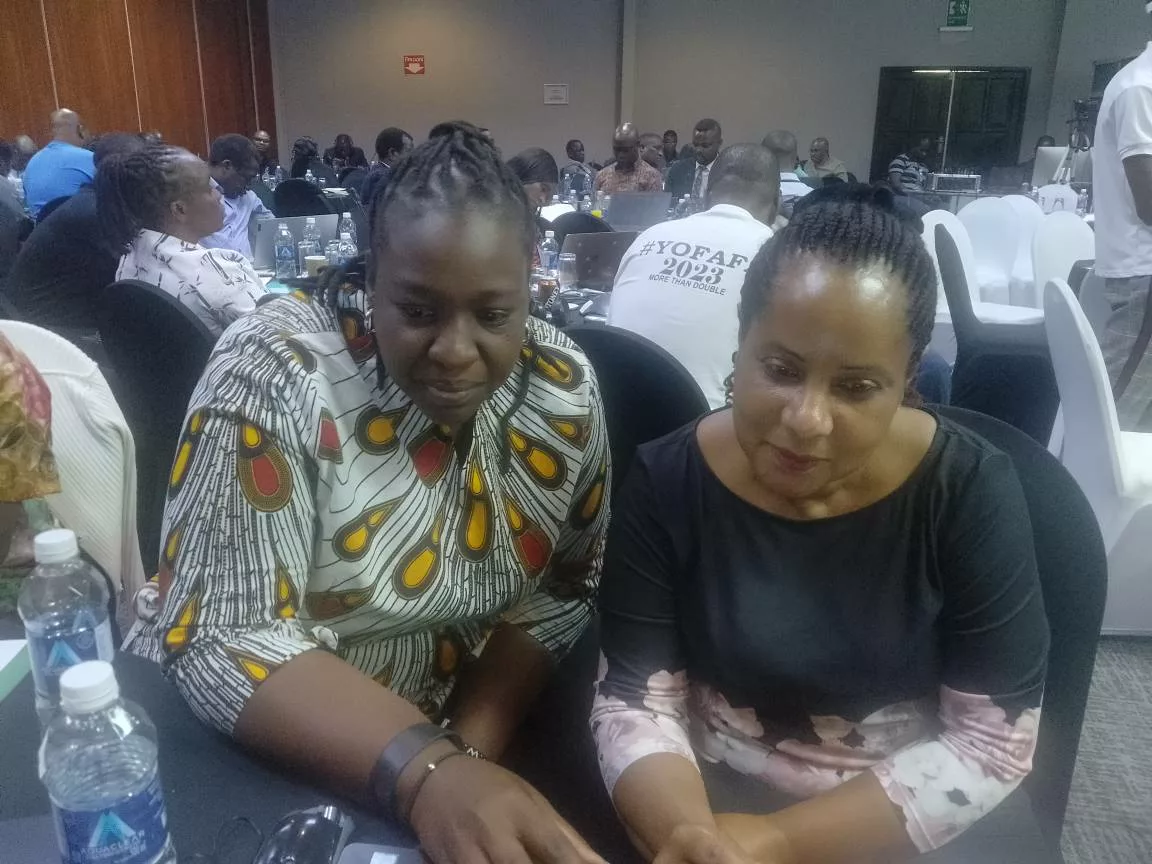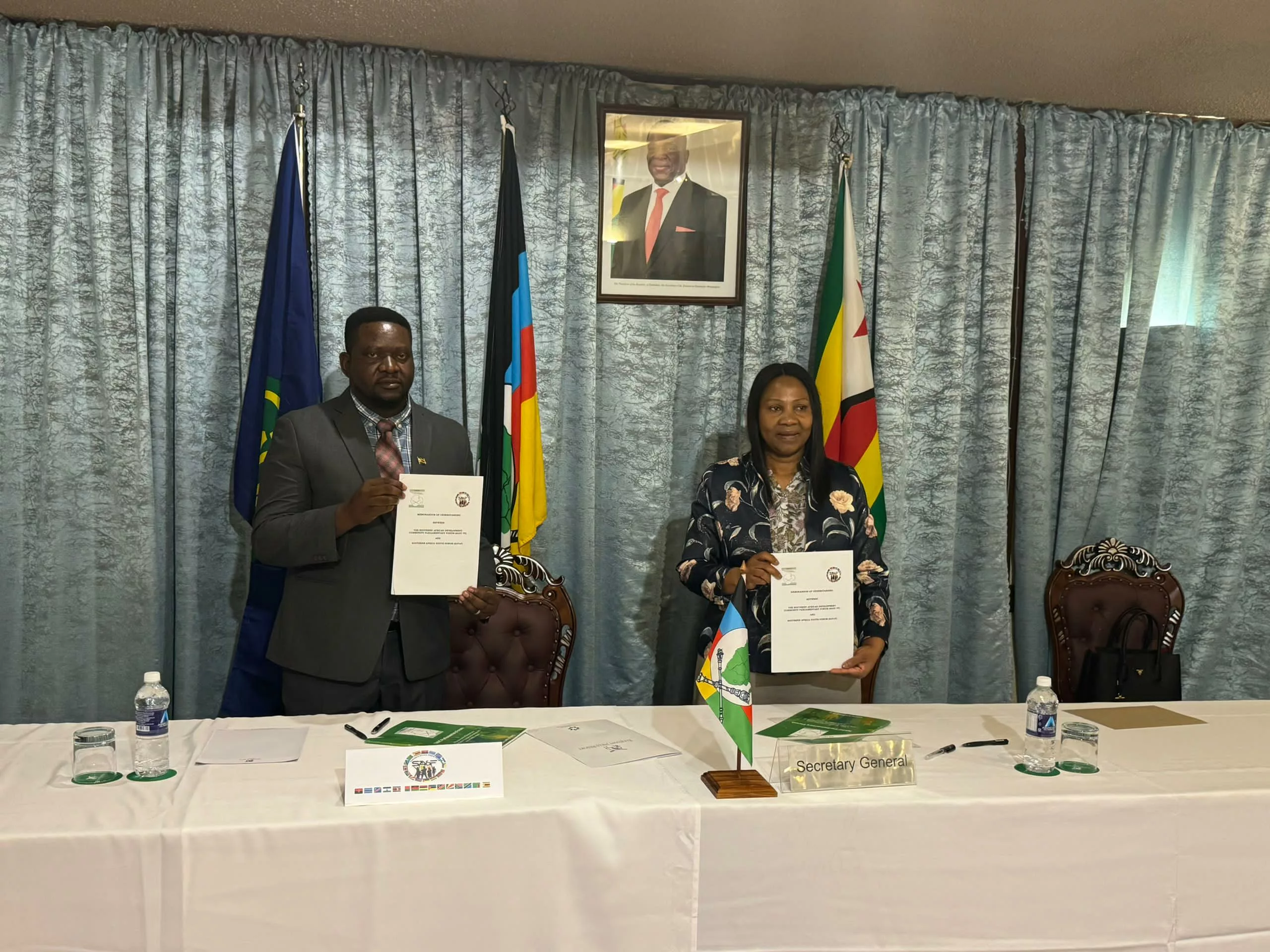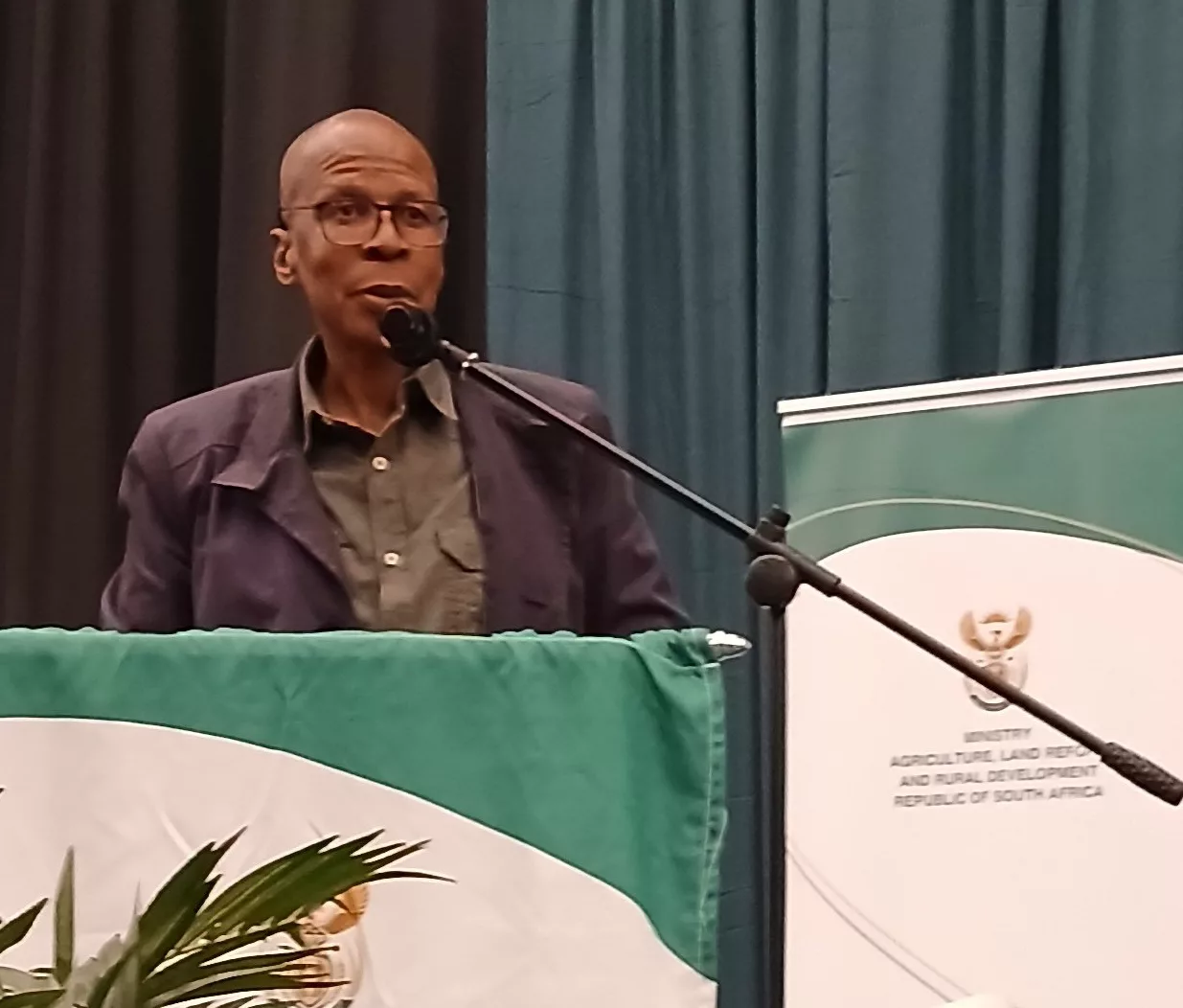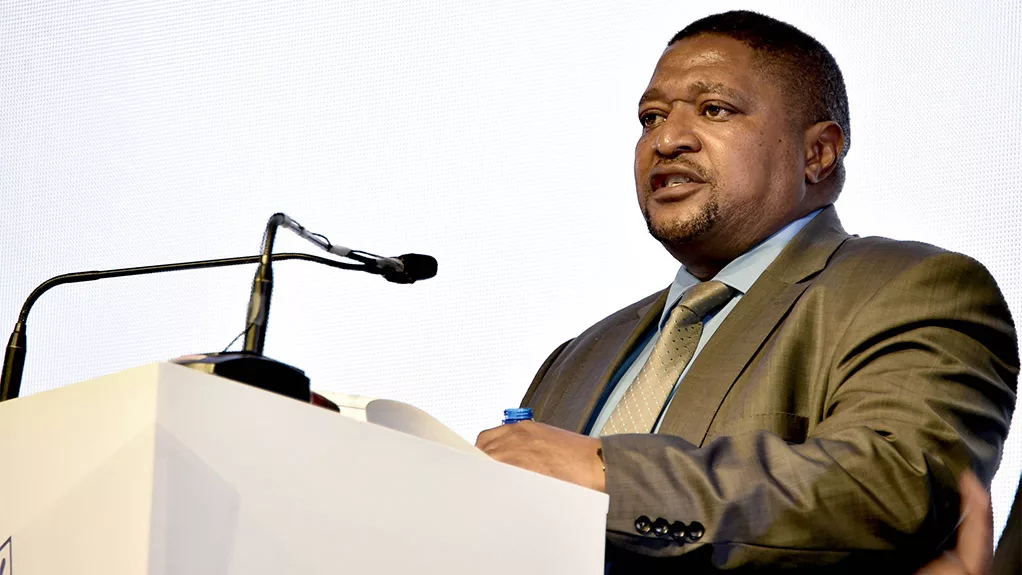|
Getting your Trinity Audio player ready...
|
Non-state actors (NSAs) holding a dialogue on the Southern African Development Community’s (SADC) Regional Indicative Strategic Development Plan 2020-2030 (RISDP) are calling for increased financing of the education sector.
Speaking in one of the sessions, Rachel Gondo from Kuyenda Collective said SADC Member states should strive to meet their commitments of spending 15-20% of their national budgets or 4-6% of GDP on education as per the international benchmarks through domestic resources.
“There are several initiatives to support domestic resource mobilisation. These include expanding progressive tax reforms; reducing or eliminating debt; eliminating illicit financial flows; eliminating waste in public spending; and using government reserves for strategic long-term investments. NSAs should monitor the utilisation of the resources allocated to education and other sectors. Cross-sectoral monitoring should be promoted with a monitoring model developed,” Gondo said.
Addressing the same gathering, Julie Juma from the Global Campaign for Education said SADC Member states should adapt the curriculum to the needs of the 21st century and provide relevant education to its citizens; taking into consideration issues of education technology, AI, the capabilities and interest of learners (not focusing on academic excellence only) but lifelong skills.
The Educationist said SADC Member states should invest in teacher development and retention to curb brain drain. She said teachers’ capacity should be strengthened to be digitally proficient and keep up with the young generation in the use of technology, AI.
“Teachers should be paid competitive salaries to make the profession attractive to get more teachers and retain those already in the system. There should be a strong SADC Education Management Information System (EMIS) following the regional norms and standards for education management information systems. Member states should adopt this. It should be digitalised and accessible to all. The production of data is crucial for fostering better policy prescriptions and decision-making.
“NSAs should also collect alternative data to complement what is being collected by the member states. Member states should treat students from SADC countries pursuing Higher Education in their respective countries as home students in terms of fees and accommodation as per the SADC Protocol on Education and Training (7.5). NSAs should raise awareness of this provision and hold the Member States accountable for its implementation,” Juma said.
There is a need for the education system to include learners in and out of school in participatory planning and budgeting as a way of ensuring that educational service delivery is responsive to the needs of teachers.






